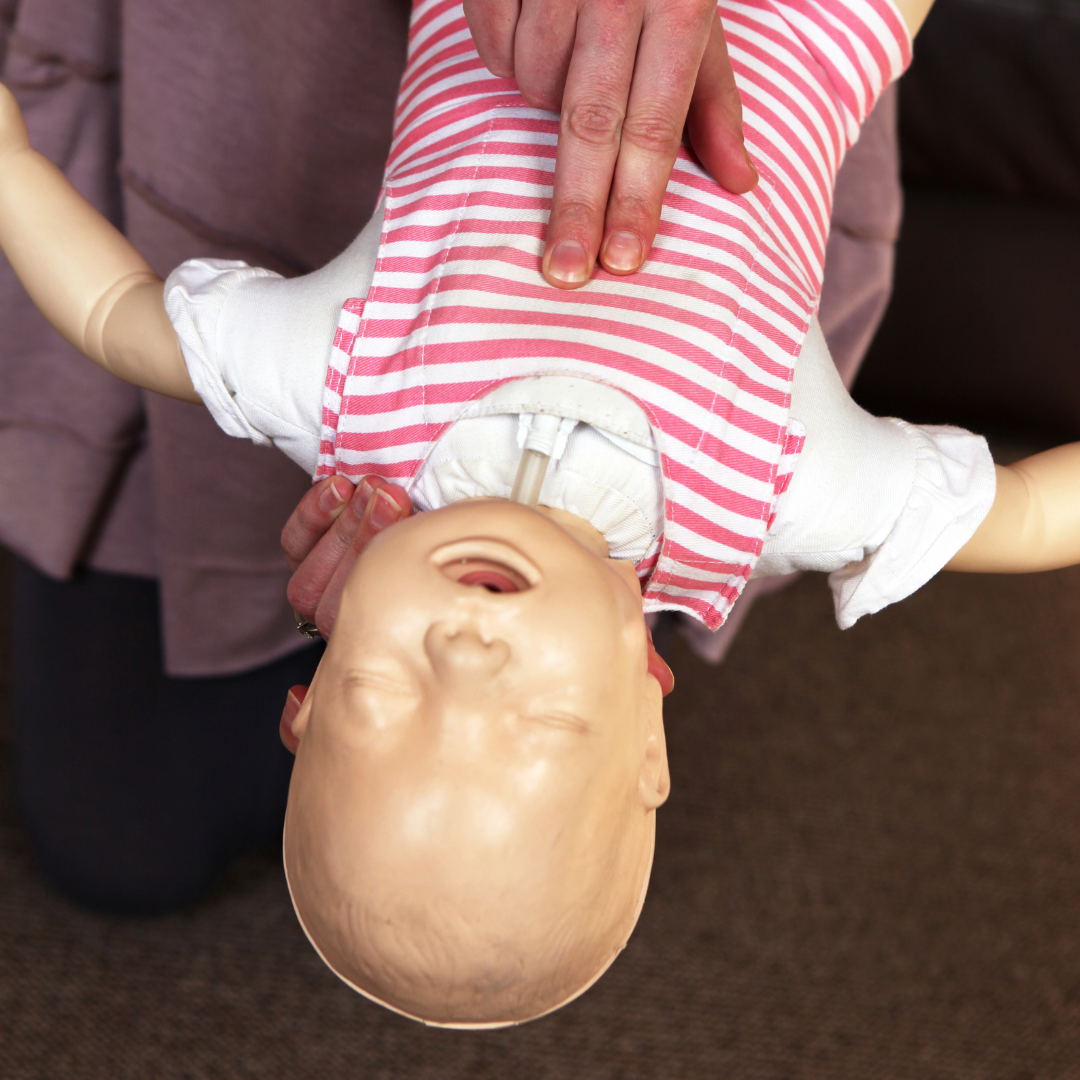Why Every Second Counts
In an emergency, literally every second counts. Most of us just keep our fingers crossed that accidents won’t happen to us, or that if the worst happens, there will be a doctor or other medically trained person on hand to take charge and help.

Our Courses
- Caregiver Course
- Baby and Child CPR and First Aid Course
- Nanny and Childminder CPR and First Aid Course
- Online Baby and Child CPR and First Aid Course
- Pre to High School CPR & First Aid Course
- Medication Safety in Schools
- Basic Life Support Course
- Scholars CPR & First Aid Course
- Caregiver Refresher Course
- Level 1 CPR and First Course
- Adult CPR and First Course
How long it can take for brain damage and brain death to occur
8 Reasons why Learning CPR is vital
First Aid Saves Lives:
Basic first aid can mean the difference between life and death. A staggering 59% of deaths from injuries would have been preventable had first aid been given before the emergency services arrived.
It Takes Minimum 15 Minutes For An Ambulance To Arrive:
Most of us just keep our fingers crossed accidents won’t happen to us and ours. Or that if the worst happens, there will be a doctor or other medically trained person on hand to take charge and help. It can take anything from 5 to 12 minutes for the ambulance to arrive. This is all dependant on where they are, and if any ambulances are available.
Keeping The Brain Alive:
Brain death starts to occur four to six minutes after someone experiences cardiac arrest if no CPR and defibrillation occurs during that time.
All Parents And Childminders Should Enrol In First Aid Training:
When accidents and emergencies happen, the last thing any parent would want to do is to panic or be helpless, especially if it involves their loved ones. You’d want to deal with such situations calmly armed with the proper first aid skills. If there is an opportunity to attend first aid training, specifically for emergencies involving children, you just might be able to save your child’s life.
First Aid Reduces Recovery Time:
First aid can have a huge impact on someone’s chances of recovery, and can mean the difference between them having a short term or more permanent disability.
First Aid Prevents Medical Situations Deteriorating:
Knowing the basics of first aid can prevent a bad situation from getting worse. Consider a patient who is bleeding from a deep cut. Without intervention, the patient could suffer severe blood loss. By applying pressure using simple first aid techniques, you can prevent a medical emergency from rapidly deteriorating and stabilise the patient until further medical help arrives.
Crucial Communication For The Emergency Services:
Staying with the patient until the emergency services arrive to take over means you can convey vital information about how the patient sustained the injury or information about their condition. This information is vital to the emergency services for the effective treatment of the patient and can also aid the patient’s treatment and recovery.
Be Prepared For Anything:
None of us know what the future has in store for us or for our loved ones. Sudden illness such as heart attack, stroke, severe bleeding and breathing difficulties require immediate attention, which after a course, you will be well equipped to provide. First aid also equips you to deal with bleeding, burns, breathlessness, bites, electrical shocks, stings, splints and fainting so whatever medical situation life throws at you, you can respond effectively.

